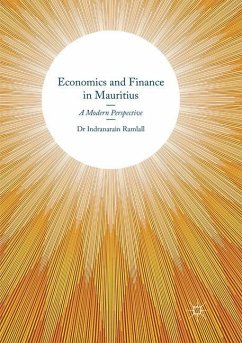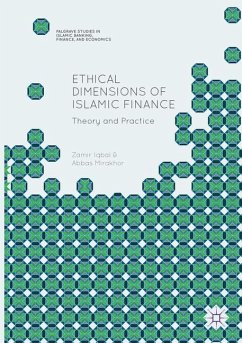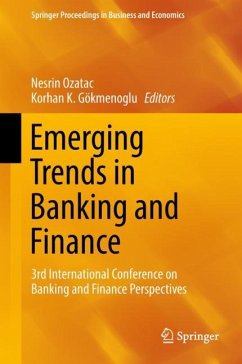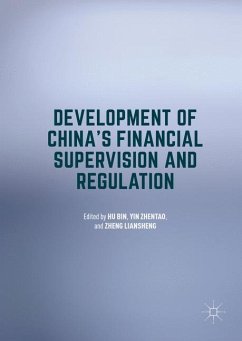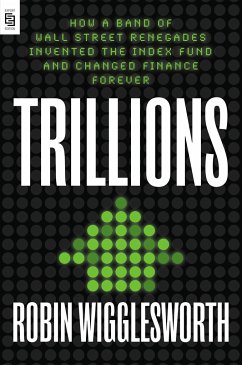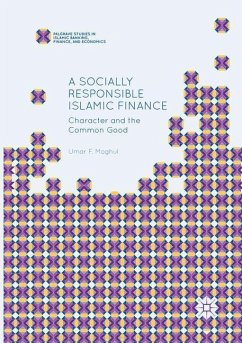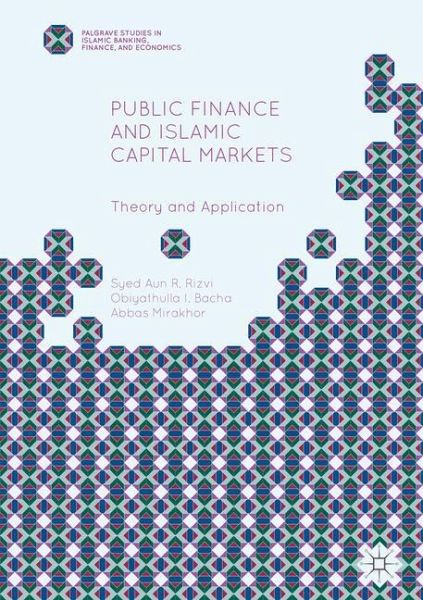
Public Finance and Islamic Capital Markets
Theory and Application
Versandkostenfrei!
Versandfertig in 6-10 Tagen
98,99 €
inkl. MwSt.
Weitere Ausgaben:

PAYBACK Punkte
49 °P sammeln!
This book addresses the financing of government budgets with non-debt-creating flows through risk-sharing capital market instruments. It offers a comparative analysis with conventional finance to demonstrate the ability of Islamic capital market instruments to create an impetus for economic stability and growth. Rizvi, Bacha, and Mirakhor guide readers chronologically through the unfolding effects of macroeconomic policy implemented to reduce crippling sovereign debt, increase government financing, and guide governments to the path of economic progress.



